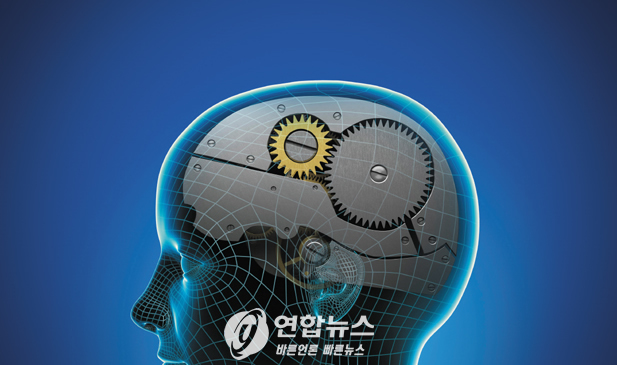Samsung Group has picked 28 research projects on three fields of basic science, materials technology and information and communications technology as part of a 1.5 trillion won program designed to nurture the nation’s competitiveness, the group said Thursday.
Among 14 research projects on basic science, the nation’s largest conglomerate chose to support a study on visualizing how human memories are made -- work that is expected to contribute to treating neurodegenerative diseases like dementia and Parkinson’s disease.

The project, led by professor Park Hye-yoon of Seoul National University, is aimed at developing a memory trace visualizer that tracks down messenger RNA in a real time basis. Messenger RNA molecules are produced by the body during the construction of proteins, including those in the brain, the company said in a statement.
Professor Woo Seung-hoon of Korea Institute of Science and Technology will also be receiving research funding from Samsung. The professor studies ways to build high-speed, low-power memory using skyrmion, tiny patterns of magnetism that form in certain materials. Skyrmions could be generated only at low temperatures, according to previous studies. But professor Woo will seek ways to generate skyrmions at higher temperatures to produce high-density memory devices.
In the field of ICT, the South Korean IT giant selected professor Lee Hyuk-jae and his study on approximate memory architecture needed for high-functioning and low-power deep learning hardware. The project is expected to be used in the development of self-driving vehicles and artificial intelligence, the company said.
Since 2013, Samsung has picked a total of 272 projects and provided funds to researchers. The 10-year program is aimed at nurturing future technologies in various fields including pure science, and ICT.
In July, Samsung picked 12 projects on artificial intelligence, fast charging battery cells and IT devices.
By Cho Chung-un (christory@heraldcorp.com)
Among 14 research projects on basic science, the nation’s largest conglomerate chose to support a study on visualizing how human memories are made -- work that is expected to contribute to treating neurodegenerative diseases like dementia and Parkinson’s disease.

The project, led by professor Park Hye-yoon of Seoul National University, is aimed at developing a memory trace visualizer that tracks down messenger RNA in a real time basis. Messenger RNA molecules are produced by the body during the construction of proteins, including those in the brain, the company said in a statement.
Professor Woo Seung-hoon of Korea Institute of Science and Technology will also be receiving research funding from Samsung. The professor studies ways to build high-speed, low-power memory using skyrmion, tiny patterns of magnetism that form in certain materials. Skyrmions could be generated only at low temperatures, according to previous studies. But professor Woo will seek ways to generate skyrmions at higher temperatures to produce high-density memory devices.
In the field of ICT, the South Korean IT giant selected professor Lee Hyuk-jae and his study on approximate memory architecture needed for high-functioning and low-power deep learning hardware. The project is expected to be used in the development of self-driving vehicles and artificial intelligence, the company said.
Since 2013, Samsung has picked a total of 272 projects and provided funds to researchers. The 10-year program is aimed at nurturing future technologies in various fields including pure science, and ICT.
In July, Samsung picked 12 projects on artificial intelligence, fast charging battery cells and IT devices.
By Cho Chung-un (christory@heraldcorp.com)
-
Articles by Korea Herald











![[Today’s K-pop] BTS pop-up event to come to Seoul](http://res.heraldm.com/phpwas/restmb_idxmake.php?idx=644&simg=/content/image/2024/04/17/20240417050734_0.jpg&u=)





![[KH Explains] Hyundai's full hybrid edge to pay off amid slow transition to pure EVs](http://res.heraldm.com/phpwas/restmb_idxmake.php?idx=652&simg=/content/image/2024/04/18/20240418050645_0.jpg&u=20240419100350)

![[Today’s K-pop] Zico drops snippet of collaboration with Jennie](http://res.heraldm.com/phpwas/restmb_idxmake.php?idx=642&simg=/content/image/2024/04/18/20240418050702_0.jpg&u=)